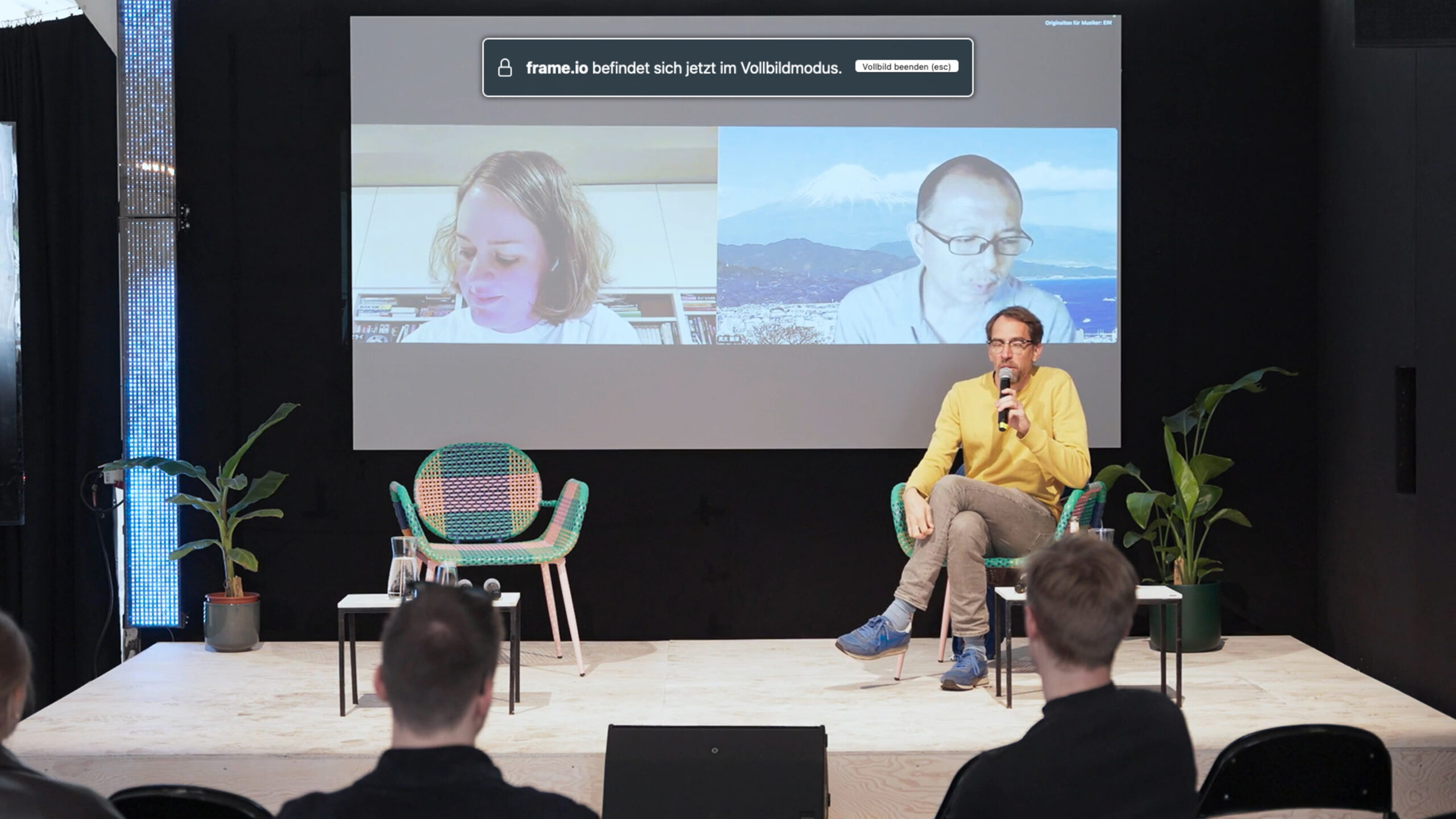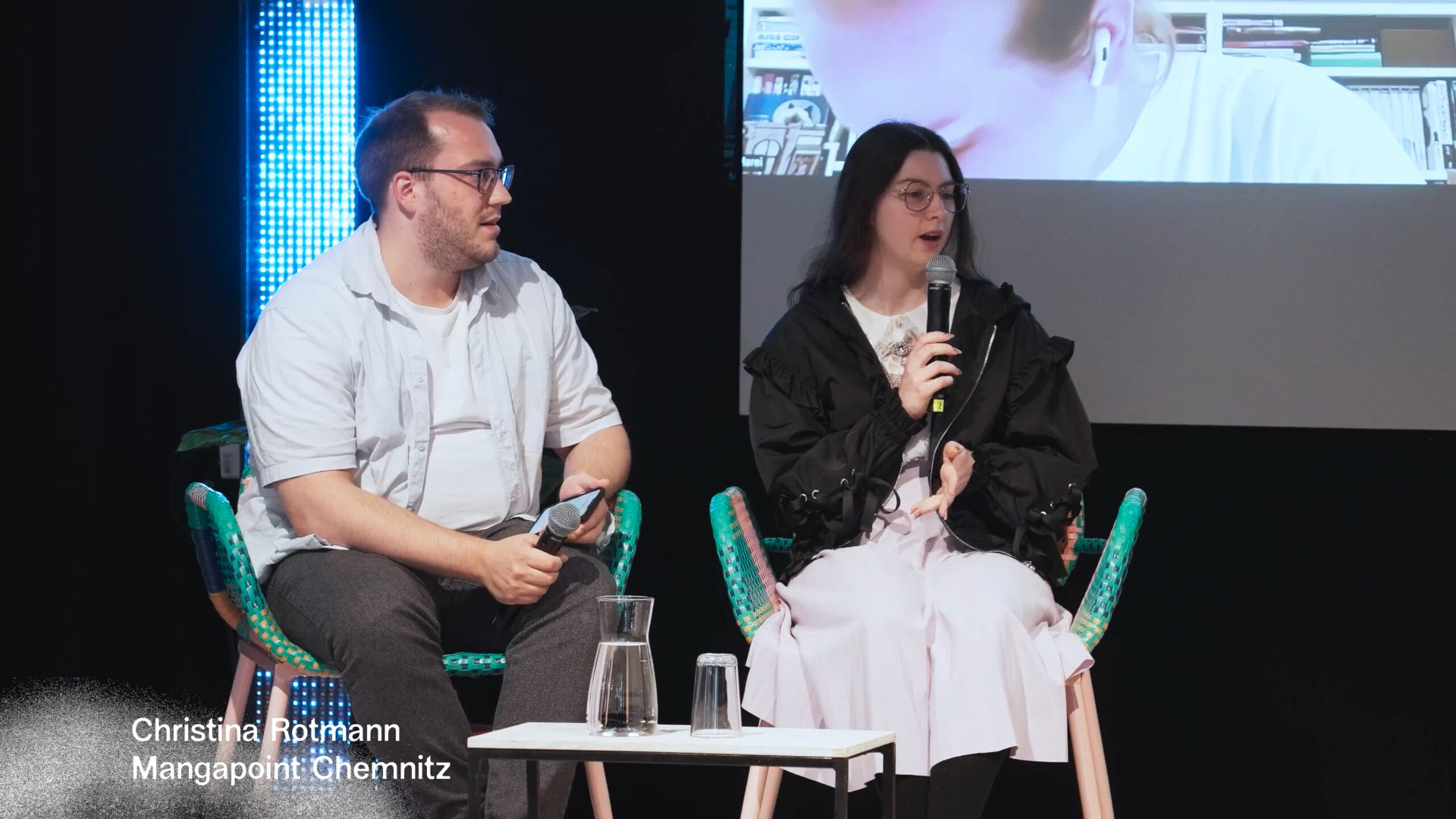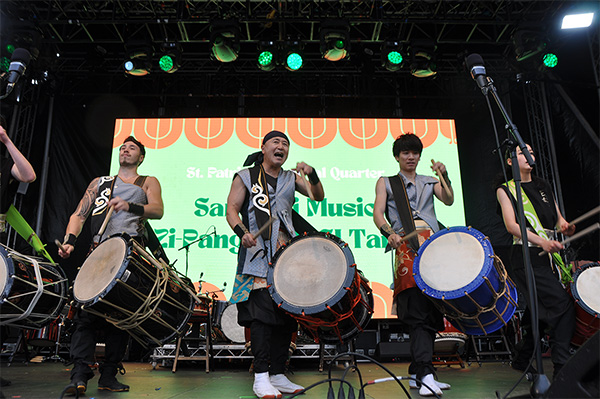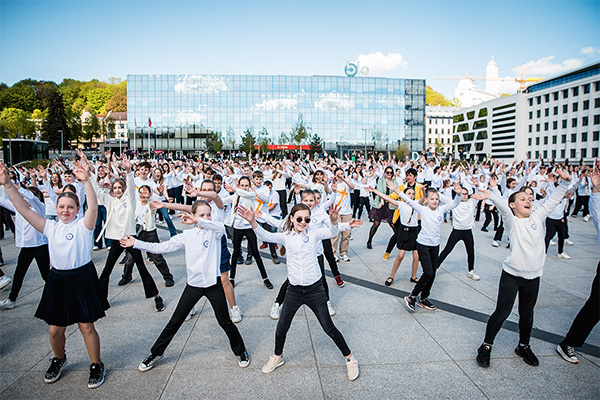Column
ColumnExploring War Through the Lens of Anime: A Cultural Bridge Between Japan and Europe
The resonance of war in cultural memory is profound, manifesting in artistic works that transcend boundaries. In the context of the Pochen Biennale, we collaborated with the EU-Japan Fest Japan Committee to explore anime’s role in reflecting war trauma. This partnership has enabled Spinnerei e.V. to strengthen its relationship with Japan’s cultural scene and engage European audiences in discussions of historical significance.
The event featured Ryota Fujitsu, an anime critic and author of “Anime and War”, a book that examines how war is depicted in anime from World War II to contemporary narratives in 2016. According to Fujitsu, anime offers unique insights into the complexities of war and its aftermath. During his lecture, Fujitsu focused on Howl’s Moving Castle, a Studio Ghibli film that contrasts the mobilization of an entire nation with the quiet resilience of a family seeking refuge amidst chaos.

Fujitsu’s analysis highlighted how Howl’s Moving Castle presents war’s impact on personal lives, offering a commentary on those caught in the conflict. While the film does not directly refer to World War II, it reflects the lingering trauma in Japan’s collective memory. In contrast, while Nausicaä of the Valley of the Wind explores environmental devastation and conflict, it lacks the direct connection to war trauma central to Howl’s Moving Castle.
Fujitsu also drew attention to the classic Space Battleship Yamato, which was a national sensation in the late 1970s. This iconic anime illustrates Japan’s post-war consciousness, showcasing how narratives reflect the evolving relationship between history and popular culture.
The event included a screening of Howl’s Moving Castle, followed by a discussion with Aljoscha Begrich, a dramaturge with expertise in examining cultural and historical narratives. The screening was held in German, ensuring accessibility, while the discussion took place in English, reflecting our commitment to fostering cross-cultural dialogue.
This collaboration is part of Spinnerei e.V.’s ongoing effort to build cultural relationships with Japan. Over the years, through various events with Japanese experts and artists, we have deepened our understanding of Japan’s cultural context and shared these perspectives with European audiences. We extend our gratitude to the EU-Japan Fest Japan Committee for making this possible, particularly within the framework of Chemnitz 2025, the upcoming European Capital of Culture. This designation offers a unique opportunity to establish long-term cultural ties and explore shared histories through the arts.

Anime is especially popular among young people, serving as an accessible medium to convey complex societal narratives. Its combination of language and imagery offers deep insights into Japanese society, making it an ideal medium for bridging cultural gaps. For Spinnerei e.V., it is essential to convey these cultural contexts to European audiences, who may find reflections of their own histories within these narratives.
The appeal of anime lies in its ability to encapsulate profound reflections on society, history, and humanity. By presenting these narratives to European audiences, we aim to foster a deeper understanding of the cultural and historical influences that shape contemporary Japanese society. This is a crucial step in cultivating empathy and global awareness.
Our collaboration with the EU-Japan Fest Japan Committee aligns with a shared vision of supporting creative endeavors that engage with fundamental human experiences, such as war and resilience. The foundation’s commitment to supporting young talents and artists aligns with our mission to provide platforms for voices and perspectives that are often overlooked. Additionally, this partnership reflects a mutual dedication to continuously evaluating the effects of globalization on artistic and spiritual creativity.
At Spinnerei e.V., we recognize the importance of supporting activities that preserve and extend traditional culture while embracing new interpretations and forms. By forming global networks that enable cultural and artistic collaborations, we actively contribute to a dynamic and inclusive cultural landscape. This is particularly relevant in a time where preserving and reinterpreting traditional culture is both a challenge and an opportunity amidst rapid globalization.
Looking forward, we hope to continue fostering meaningful cultural exchanges with Japan. It is our aim to explore how artistic mediums like anime can continue to serve as bridges between cultures, conveying shared experiences and opening up new perspectives. Through these exchanges, we hope to create lasting connections that enrich both societies and deepen mutual understanding.
In conclusion, the event at the Pochen Biennale provided a platform to explore the depiction of war in anime and its role in reflecting Japan’s cultural memory. With the support of the EU-Japan Fest Japan Committee, we were able to engage in a meaningful dialogue that bridged geographical and cultural distances. We are optimistic that this is just the beginning of a long-term relationship dedicated to celebrating and understanding the rich tapestry of Japanese culture in Europe.
*Full video from the event available on the Pochen Biennale Official YouTube*








